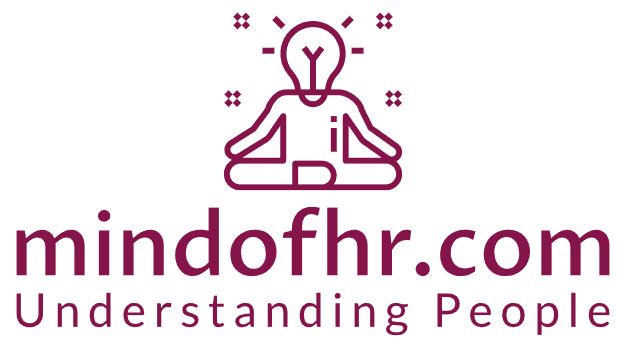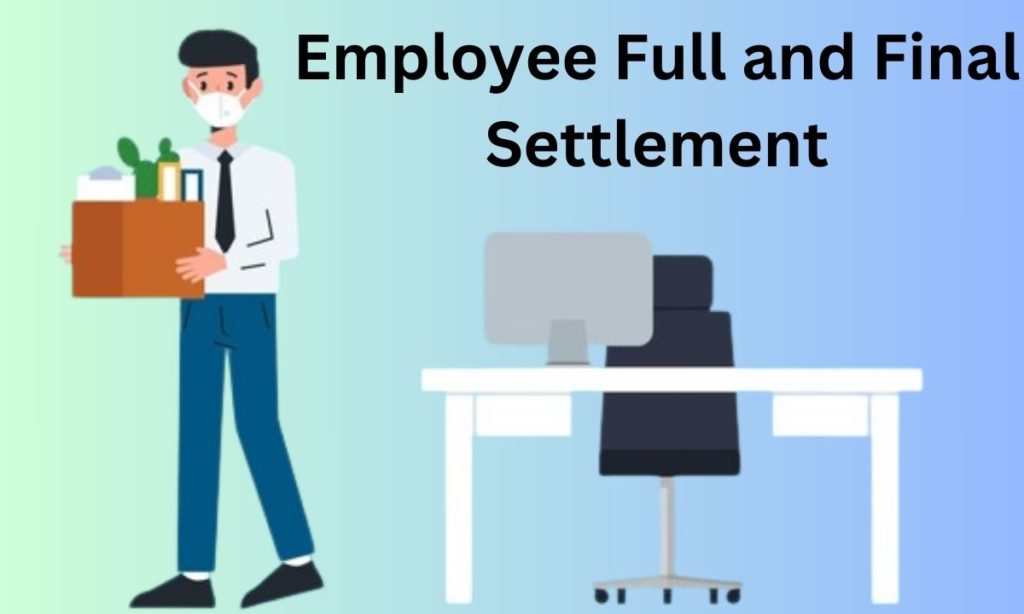You’re on vacation, basking in the sun, or binge-watching your favorite show, finally taking that well-earned break. But then—ping—an email notification pulls you back into work mode. You think, “It’s just a quick reply; no big deal.” Sound familiar? You’re not alone.
Turns out, 70% of Indian employees admit to checking work emails or taking calls while on leave, according to LinkedIn’s Workforce Confidence Index. In a culture that often equates dedication with being constantly available, stepping away can feel like a bold move. But here’s the kicker: Does staying connected during time off actually make us better at our jobs? Or are we silently running ourselves into the ground?
Hustle Culture vs. Human Limits
Let’s be real—many of us wear “busy” like a badge of honor. Responding to emails on vacation might even feel like proof of our commitment. But here’s the truth: staying plugged in 24/7 isn’t just exhausting—it’s counterproductive.
Research shows that being “always on” can lead to burnout, lower creativity, and even slower decision-making. Think about it: Have you ever had a truly groundbreaking idea while frantically juggling work calls on your holiday? Probably not.
Leadership coach Deepa Mahesh puts it perfectly: “The switch-off time is the cooling time where you’re able to renew and refresh.” And that refresh is essential. You wouldn’t run your car without refueling, so why do it to yourself?
Meet the 30% Who Are Getting It Right
But here’s a silver lining—30% of Indian employees are saying, “Enough is enough.” They’re actively planning to completely unplug during their next time off. No calls. No emails. No “just checking in.”
This isn’t just a personal choice; it’s a revolution in the way we think about work and rest. These trailblazers are proving that downtime isn’t a luxury—it’s a productivity hack. Stepping away lets you come back sharper, calmer, and ready to take on challenges with fresh energy.
Companies abroad are already catching on. Some organizations are introducing policies where employees are required to unplug during vacations. Imagine that—getting praised for taking a break! And the results? Higher morale, better teamwork, and a creativity boost that benefits everyone.
Why Unplugging Feels So Hard
So, if unplugging is so great, why do most of us struggle with it? Blame it on our cultural wiring. In India, work often goes beyond a paycheck—it’s tied to our identity. Being seen as “always available” feels like a hallmark of reliability.
But the world is changing. Post-pandemic, people are starting to value balance more than ever. A job is still important, sure, but so is mental health, family, and simply enjoying life outside of office hours.
How to Actually Switch Off
If the idea of a true break makes you anxious, you’re not alone. Here are a few tips to ease into it:
- Set Clear Boundaries: Before your leave, let colleagues know what’s urgent and what can wait. Use an out-of-office reply to manage expectations.
- Turn Off Notifications: Silence work apps or even remove them temporarily. (Yes, you can re-download them later!)
- Trust Your Team: Delegate tasks before you leave and trust that your team can handle them. You’ll realize the world doesn’t fall apart when you’re not checking in.
- Plan a Buffer: Schedule a half-day post-vacation to ease back into work, catching up on emails and tasks without feeling rushed.
Is It Time to Redefine Success?
Here’s the thing: Success isn’t about how available you are—it’s about how effective you are. And to be truly effective, your brain needs time to rest and recharge. Think of it like rebooting a computer: the more you pile on without a break, the slower and glitchier you become.
So, the next time you’re on leave and hear that email ping, ask yourself: Does this really need my attention right now? Odds are, it can wait. And if it can’t? Maybe it’s time to rethink how your workplace defines “urgent.”
After all, a well-rested you isn’t just good for your health—it’s better for your work too.











